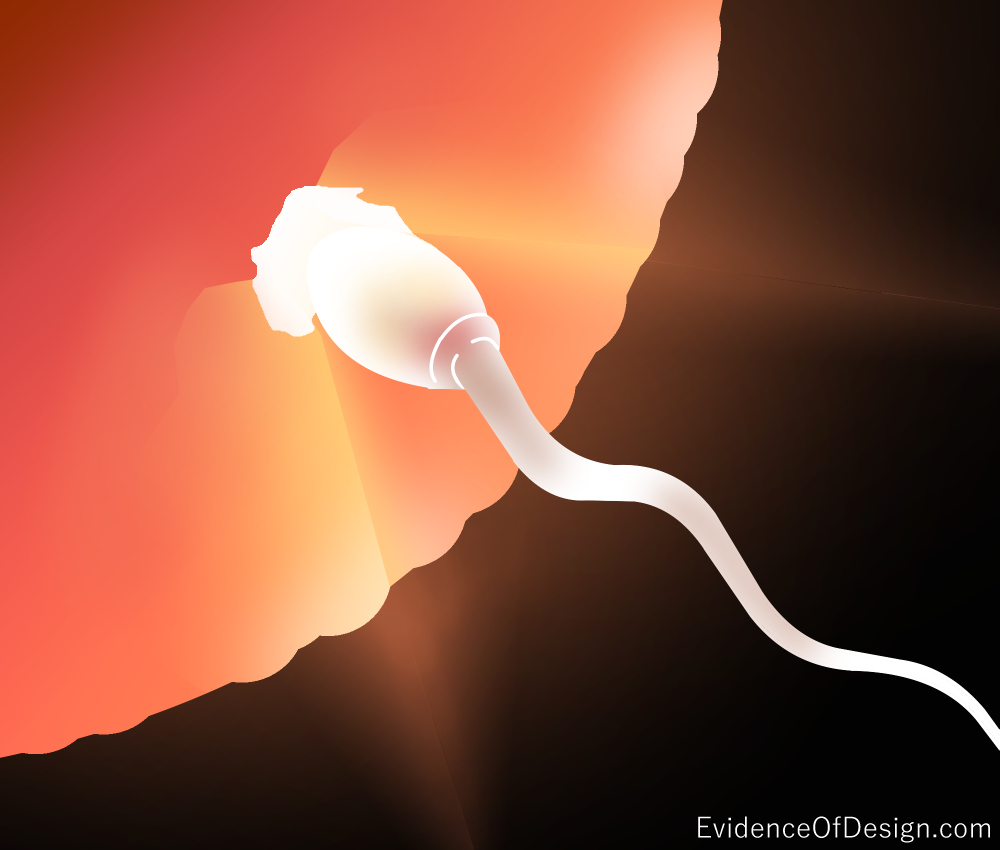

The small intestine is where food mixes with digestive juices and nutrients are absorbed into your bloodstream. The small intestine is the longest section of your digestive tract, measuring about 20 feet (6.1 meters). Why small intestinal bacterial overgrowth (SIBO) develops Certain medical conditions, including Crohn's disease, radiation enteritis, scleroderma, celiac disease, diabetes or other conditions that can slow movement (motility) of food and waste products through the small intestine.Structural problems in and around your small intestine, including scar tissue (intestinal adhesions) that can wrap around the outside of the small bowel, and bulging pouches of tissue that protrude through the wall of the small intestine (intestinal diverticulosis).Complications of abdominal surgery, including gastric bypass for obesity and gastrectomy to treat peptic ulcers and stomach cancer.Small intestinal bacterial overgrowth (SIBO) can be caused by: It includes the organs necessary to digest food, absorb nutrients and process waste. Your best option is to follow your doctor’s advice.Your digestive tract stretches from your mouth to your anus. However, a review from 2016 found that evidence for the effects of probiotics in treating SIBO was inconclusive. A 2010 study found that probiotic treatment could be more effective at treating SIBO than antibiotics. Taking probiotics could help the bacteria in your gut return to normal. Work with your doctor before starting this diet, and follow their instructions. This diet replaces food and drinks with certain liquid formulas for a specified amount of time. Your doctor may also recommend trying an elemental diet.



Talk with a doctor before making any changes to your diet. There’s no evidence to prove that a certain diet causes SIBO, but many people with SIBO have found relief after following a special diet. If a doctor determines that your SIBO is due to an underlying condition, you’ll also need to begin treatment for that condition. You may need replacement of fluids, vitamins or minerals in cases of dehydration and malabsorption.Īntibiotics may decrease the number of bacteria in the small intestine, but they will not address the underlying issue that caused the problem in the first place. This is usually done with antibiotics, such as: Antibioticsįirst, you need to get the bacteria under control. SIBO can be treated with a combination of antibiotics and diet changes. If the breath test is not conclusive or SIBO treatments are not working, your doctor may need to get a sample of the fluid from your small bowel to see what bacteria are growing there.
#Bacterial overgrowth series
You’ll breathe into a series of additional tubes at regular intervals for 2 to 3 hours after consuming the drink. You’ll then drink a special sweet drink provided by your doctor. During the test, you’ll breathe into a tube. You’ll need to fast overnight before having a breath test. This test is noninvasive and can be performed at home or in a doctor’s office. Excess bacteria in the small intestine can lead to the release of the gases hydrogen and methane, which can be identified through a breath test. Breath testĪ breath test is a common test for diagnosing SIBO. They may also order blood, fecal, or other tests. They’ll also do a physical examination, which may include palpating, or gently feeling, your abdomen. Your doctor will ask about your symptoms and medical history. See a doctor if you have symptoms of SIBO.


 0 kommentar(er)
0 kommentar(er)
